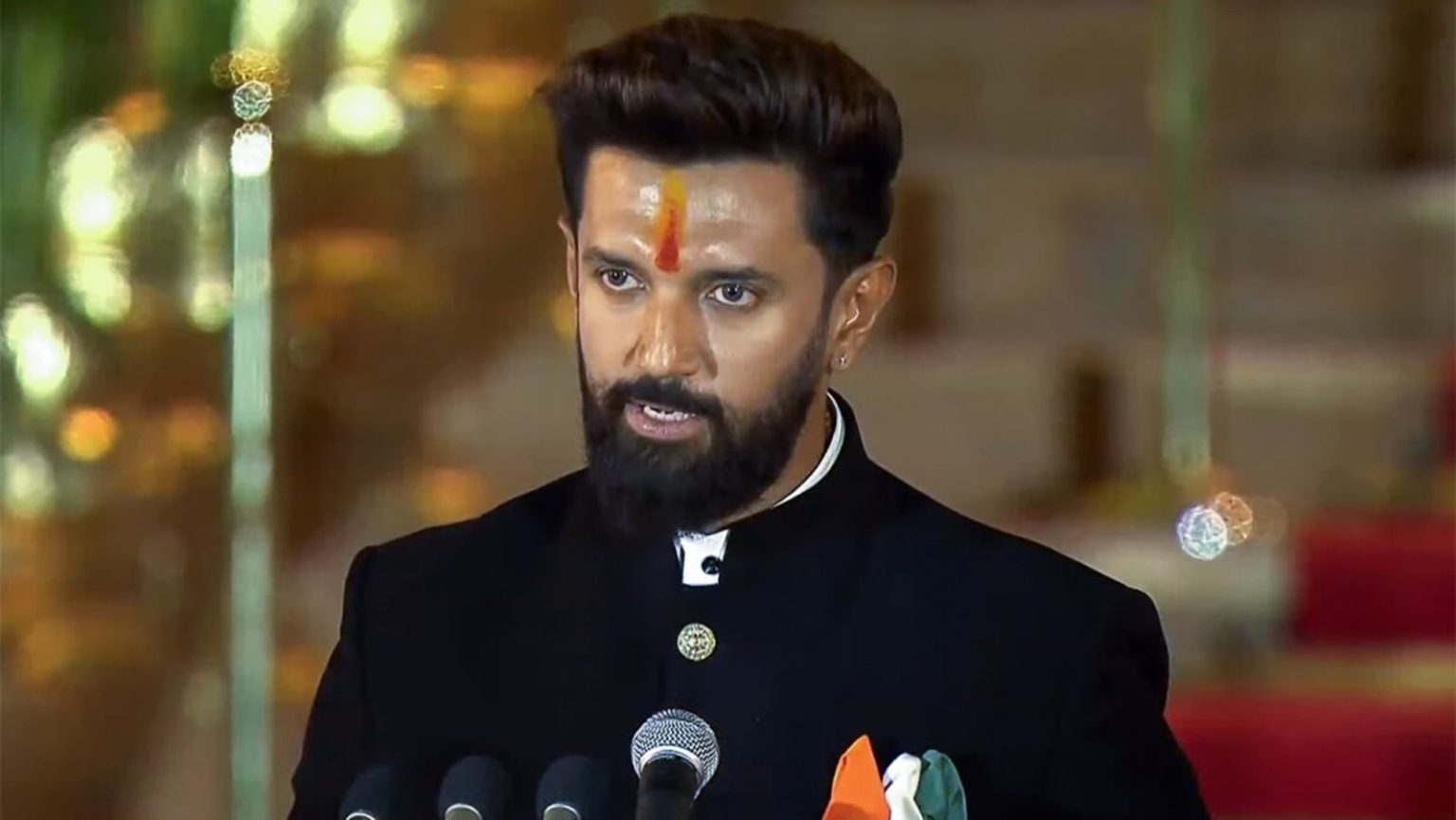Union minister Chirag Paswan said that the foundation of reservations is based on the “Untouchability” faced by Dalit people in various aspects of life. Union minister and Lok Janshakti Party (Ram Vilas) chief Chirag Paswan said on Sunday that their party opposes the Supreme Court’s observation regarding the creamy layer among Scheduled Castes and Scheduled Tribes, and they plan to “file a review petition against the ruling.” Paswan emphasised that the foundation of reservations is based on the “Untouchability” faced by Dalit people in various aspects of life, and argued that introducing a creamy layer for their reservations is “pointless.” “We disagree with the observation of the Supreme Court and have prominently registered this disagreement. We are clear that the basis of the Scheduled Caste is untouchability, not an educational or economic basis. In such a situation, there can be no provision for a creamy layer within it. Reservation within the reservation is not correct because, even today, a Dalit youth is cited as an example of someone who is prevented from riding a mare,” Chirag Paswan was quoted as saying by ANI. “There are many prominent individuals who hold high positions, but even when they visit a temple, the temple is washed with Ganga water afterward. Discrimination based on untouchability still occurs today. We, LJP (Ram Vilas), are also going to file a review petition in the Supreme Court regarding this matter,” he added. What is a ‘creamy layer’ in reservations? Families with an annual income above ₹8 lakh are classified as part of the “creamy layer,” the government periodically revises this threshold. These individuals are excluded from the reservation benefits. However, this concept does not apply to SCs and STs, who are eligible for reservation benefits regardless of their economic status. This concept aims to uplift these historically disadvantaged communities. Presently, this concept is applied only to reservations for Other Backward Classes (OBCs). Here’s what the Supreme Court said In a landmark ruling on Thursday, the Supreme Court observed that states have the authority to sub-classify SCs and STs. The court specified that the calculation should be based on effective representation rather than mere numerical representation when determining if a class is adequately represented. Justice BR Gavai said states should establish a policy to identify the “creamy layer among SCs and STs” and exclude them from reservation benefits.
Trending
- Republic Day parade seating row returns as Congress flags Rahul Gandhi, Kharge’s seats: ‘Lack of protocol’.
- Relations for 10 years, then a promise broken: Dhurandhar actor arrested on sex assault charges by domestic worker.
- Zoho founder attacks Congress over ‘gomutra’ dig at IIT prof who got Padma Shri.
- India-EU trade deal finalised, says commerce secy; to take effect next year.
- ‘Financing war against themselves, via Russian oil’: US secy Scott Bessent ballistic over EU’s trade deal with India.
- Ex-IPS Inderjit Sidhu, 88, on a mission to clean his city’s streets by himself, gets Padma Shri.
- Argument while getting off local train, then a stabbing: Mumbai professor’s shocking murder at Malad station.
- Mark Tully passes away at 90: BBC’s ‘voice of India’ reported from Amritsar to Ayodhya, key moments of history.



